
(Hypebot) – In the first of a series of articles exploring different music business agreements, Just M. Jacobson explores the agreement which dictates the relationship between the talent and the personal manager.
Guest post by Justin M. Jacobson Esq. of the TuneCore Blog
[Editors Note: This is a guest blog written by Justin M. Jacobson, Esq. Justin is an entertainment and media attorney for The Jacobson Firm, P.C. in New York City. He also runs Label 55 and teaches music business at the Institute of Audio Research.]We will now begin a series of articles exploring several music business agreements. The first agreement we will examine is the agreement that governs the artist (talent) and personal manager relationship. An exploration of what a manager does, a few standard provisions included in most management agreements as well as a few negotiation tips for these clauses follows.
A “personal manager,” usually referred to as the artist’s “manager,” is one of the most important individuals in an artist’s career. Managers handle all of a musician’s day-to-day affairs, including booking hotels, procuring transportation to and from live performances and appearances, booking recording sessions and all the other personal matters that an artist doesn’t have time to handle on their own. In addition, a manager acts as a buffer between the artist and other parties, including the press, record label and endorsement requesters. In addition to coordinating day-to-day affairs, a personal manager advises the artist on all aspects of the career, including assisting in developing the artist’s creative direction, such as selecting producers, instrumentals (“beats”) and album artwork. They also help in various other facets of a musician’s life such as managing the artist’s tour, advising on merchandise design, licensing, songwriting and anything else related to the artist’s entertainment career.
Choosing a manager is one of the most, if not most, important decisions that an artist makes in their career. It is a choice that should not be taken lightly as an artist’s first manager can have a profound effect on the talent’s long-term development. Once a musician has selected the individual to act as their manager, it is prudent, if not essential, for the manager and artist to enter into a detailed written agreement. This agreement should outline all of the essential terms of the arrangement to ensure that both parties are adequately protected. The document lists each party’s expectations and rights in an effort to alleviate any concern as to who is responsible for what and who is entitled to what.
To better understand this contractual relationship, let us now review a series of common clauses included in many standard artist management agreements.
A manager wishing to act on behalf of an artist must be appointed as such. In order to effectuate this, a management agreement includes a “power of attorney” clause such as the one below.
Power of Attorney – Artist hereby irrevocably appoints Manager for the term of this agreement and any extensions hereof as Artist’s true and lawful attorney-in-fact, to:
(a) sign, make, execute and deliver all agreements or contracts in Artist’s name as if Artist were personally present;
(b) make, execute, accept, endorse, collect and deliver all bills of exchange, checks and notes in Artist’s name; and,
(c) demand, sue for, collect, recover, and receive all goods, claims, money, interest or other items that may be due to Artist or belong to Artist, and to defend, settle, submit to arbitration and compromise all actions, accounts, claims and demands which are or will hereafter be pending, in such manner as Manager will deem advisable in Artist’s best interests, including retaining attorneys and accountants to represent Artist’s interests thereof.
(d) In addition, and without limiting any of the foregoing, Manager may generally do, execute and perform any other act, deed or thing whatsoever that reasonably ought to be done, executed and performed, as fully and effectively as Artist could do if Artist were personally present. Artist further understands and acknowledges that the power of attorney granted to Manager is coupled with an economic interest on Manager’s part in Artist’s Career, in the artistic talents of Artist, and in the products of Artist’s Career and those talents and the earnings of Artist, arising by reason of Artist’s Career. Such power is therefore acknowledged by Artist to be irrevocable during the term of this agreement and all extensions and renewals hereof.
– Limitation on Appointment – It is expressly agreed that Manager’s jurisdiction and authority as personal manager, the power of attorney and compensation due Manager under this Agreement are limited to matters directly related to Artist’s Career in the entertainment industry and Artist’s professional business interests relating thereto; such jurisdiction and authority does not include Artist’s business interests which are separate and distinct therefrom.
The above language provides the manager with the power to enter into contracts on the artist’s behalf as well as deposit and draft checks on the artist’s behalf from the artist’s accounts. It also gives the manager the power to sign agreements on the artist’s behalf, institute lawsuits on the artist’s behalf, hire and fire attorneys and other third-parties on the artist’s behalf and to approve use of an artist’s likeness for advertising and promotional uses. It also includes a limitation to ensure that the power of attorney only applies to the “entertainment industry” without providing the manager with rights in other non-entertainment related areas of an individual’s life. It is also prudent to try to include some additional limitations on the Manager’s power of attorney, such as requiring additional written approval from the artist for certain appearances over a certain time period (i.e., a live appearance lasting more than two or three days) or for issuing a check over a certain amount from the artist’s bank account (e.g., any check over $500 requires prior written approval from artist).
When determining where a manager’s compensation derives from, the following language is typically utilized:
Manager is entitled to a percentage of the following:
(a) Any and all contracts, engagements and commitments now in existence;
(b) Any and all contracts, engagements and commitments entered into or
substantially negotiated during the term hereof;
(c) Any and all bona-fide proposals of contracts, engagements and commitments which are offered to Artist during the term hereof and entered into after the term hereof; and,
(d) Any and all renewals, extensions, additions, modifications, amendments.
This language means that the manager is entitled to a percentage of the income from all existing contracts. That is in addition to any entered into during the term of the agreement. Also, any agreements that are substantially negotiated during the term but executed after the term’s expiration are included. This means that the artist’s manager is compensated from any existing contract that currently already pays the talent as well as a percentage from any agreement that the manager negotiates during the term of the agreement as well as from any agreement “substantially negotiated” during the term of the agreement and entered into after the term expires.
While there is no set typical payment or commission rate for a manager, most managers earn anywhere from 10-25% of the artist’s total income, typically the rate is between 15-20%. A manager is entitled to a percentage of either the gross or the net income received by an artist during the applicable period of time known as the “term” of the agreement. Gross income is the total amount earned prior to the deduction of any associated expenses or fees; while, net income is the total amount earned after the deduction of all associated expenses and fees. A manager typically takes their commission from the “gross” income as that is amount is larger than the “net” income. Depending on the manager’s level of clout, they may require a higher percentage (e.g., 25%); while, a newer manager may accept a lower percentage (e.g., 10-15%).
Typical contractual language that explains what streams of income are subject to the manager’s commission may be described as such:
The term “Gross Earnings” as used herein refers to the total of all earnings whether in the form of salary, bonuses, fees, royalties, recording budgets or funds, video production budgets or funds, tour support or advances against royalties or advances against royalty guarantees, percentage shares of profits, shares of stock, other kinds or types of income, earnings or proceeds, or property, including real property, merchandise, performances, appearances, or other income flows which are reasonably related to Artist’s Career in the entertainment industry received by or due to Artist.
This language is extremely broad and includes any potential income that the artist receives “in the entertainment industry.” Since this language is so broad, it is prudent for an artist to try to exclude certain avenues of compensation from the manager’s commission. These areas could include the exclusion of funds earmarked as “recording budgets” or “touring funds/support.” The reasoning behind this is that these funds should be fully utilized to pay for all the associated recording, mixing and mastering costs to produce the album.
These subsidies should also be used to alleviate any touring deficiencies that may arise during an artist’s tour without a manager receiving a percentage; thereby, reducing the artist’s budget for these matters. Furthermore, if a musician is also involved in other entertainment activities, such as a songwriter or actor, the management agreement language should clearly outline whether funds earned from these activities are included in the manager’s commission or not. This is commonly referred to as a “carve-out” clause, which specifies streams of income that are ‘carved out’ and not included in the fees subject to the manager’s commission.
Additionally, when negotiating a management agreement, a compromise regarding a manager’s percentage might be possible through the creation of an escalating or de-escalating clause. For instance, a manager could be entitled to 20% of the first $10,000 earned by the artist during the term; and, then his percentage could decrease to 15% for the rest of income earned during the period; or, vice-a-versa, where the manager’s percentage increases from a lower percentage after reaching a specified earning mark.
Another key point in the management agreement is the process by which the manager recoups the expenses they incur on the artist’s behalf. Since this amount can start to add up quickly, it is imperative that the management agreement outline the exact parameters of the manager’s recoupment, including how much can be recouped and the procedure to receive reimbursement. It is judicious for an artist to insist on a specific monthly, weekly or other “cap” or set a limit on the amount a manager can spend on behalf of the artist. The artist should also include provisions that require the artist’s prior written approval for certain large expenses, such as incurring a $10,000 marketing bill on behalf of the artist for the artist’s promotions.
These are just a few of the main points that need to be agreed upon between the parties. We will explore some additional clauses typically included in many standard management agreements in our next installment.
This article is not intended as legal advice, as an attorney specializing in the field should be consulted. Some of the clauses have been condensed and/or edited for content purposes, so none of these clauses should be used verbatim nor do they act as any form of legal advice or counseling.




















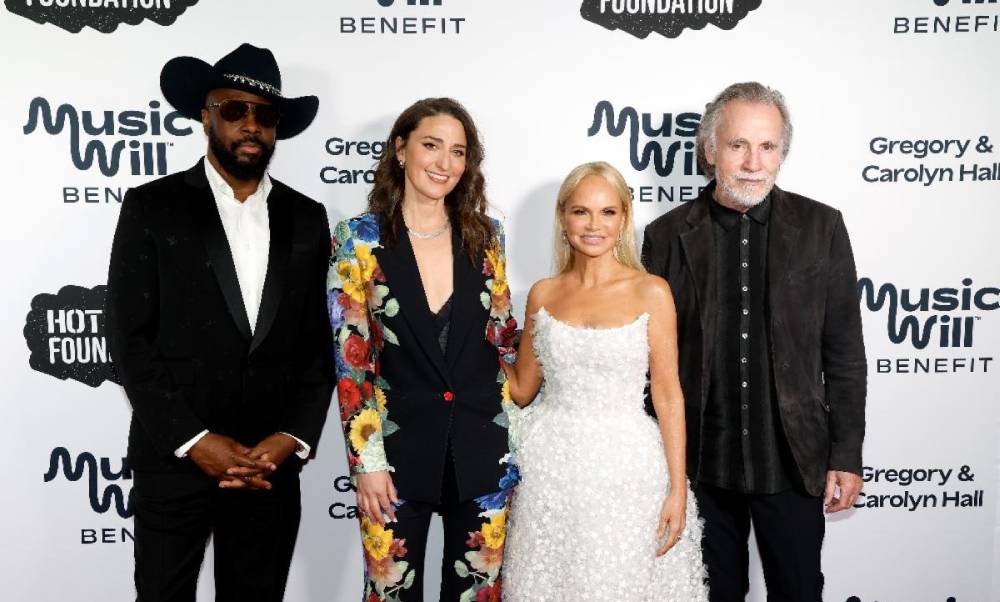


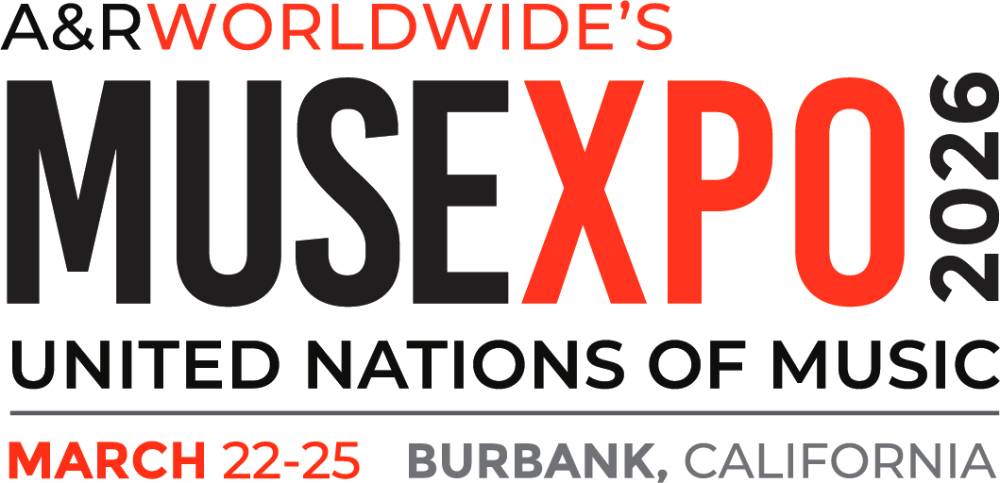





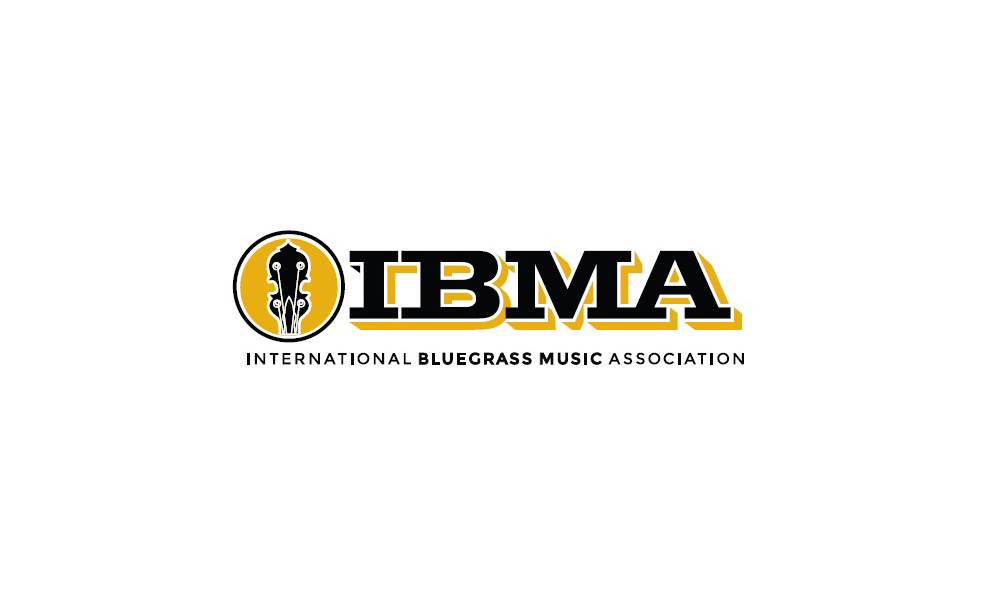


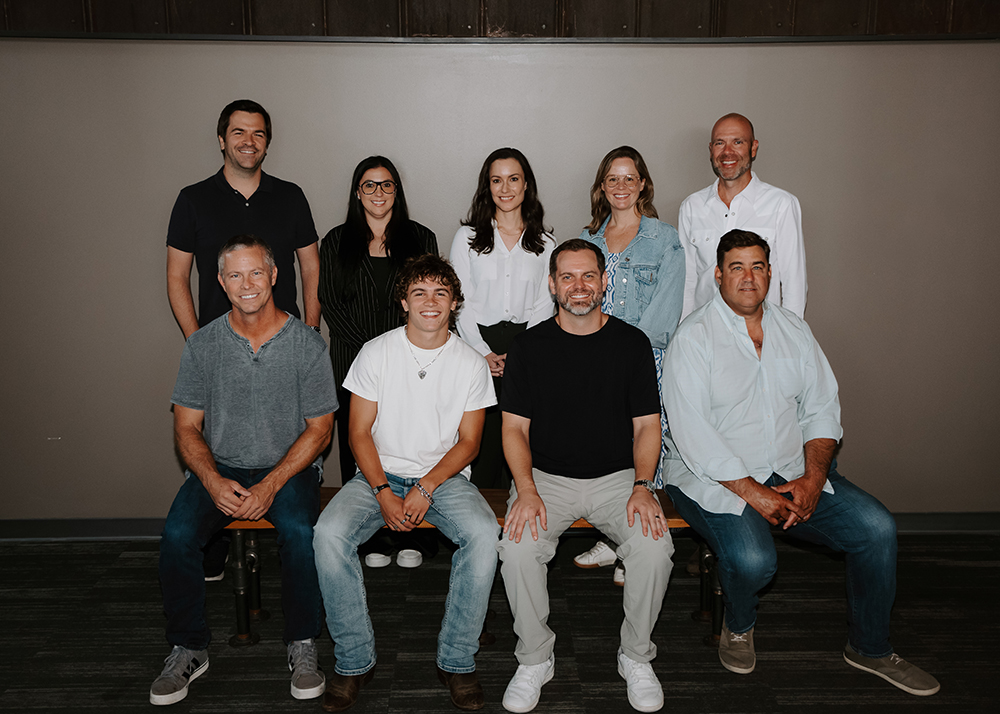



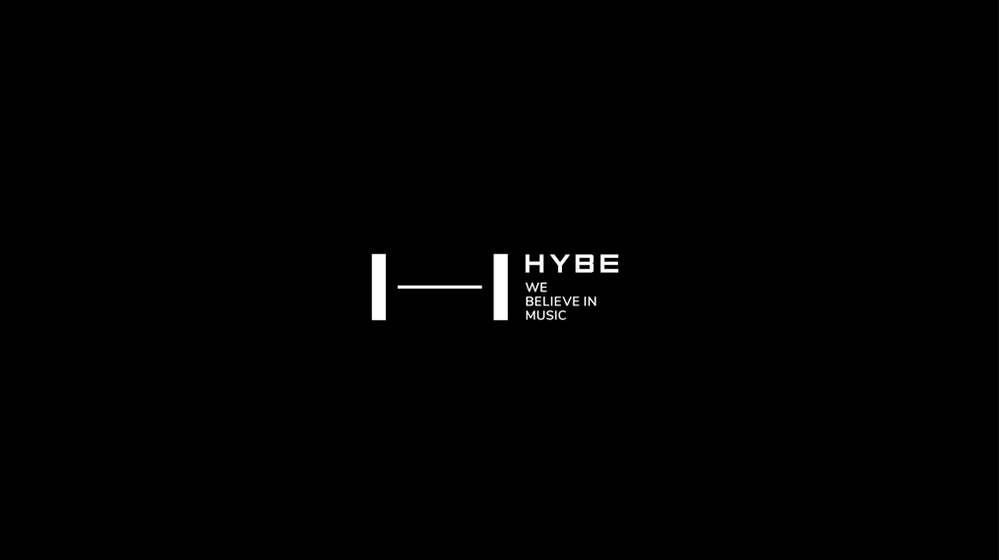


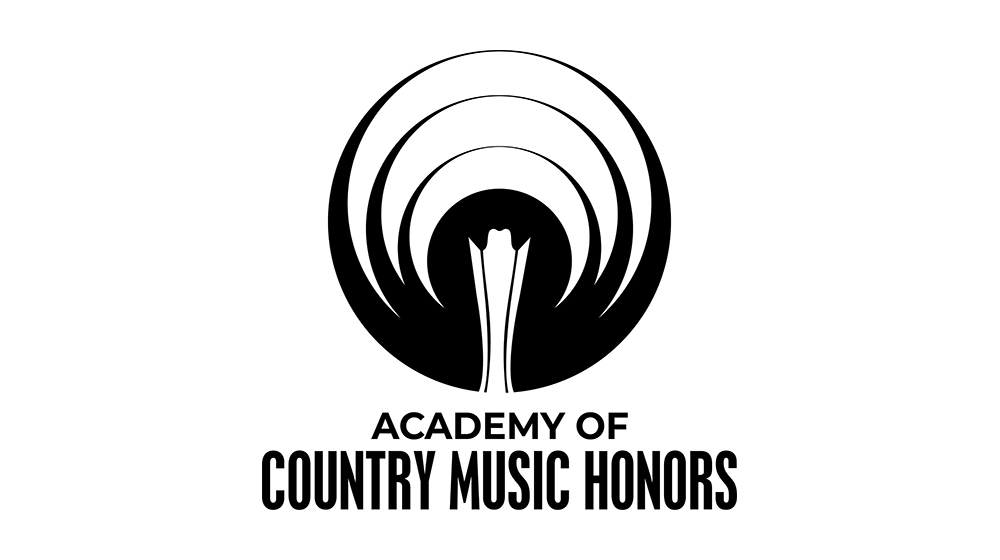

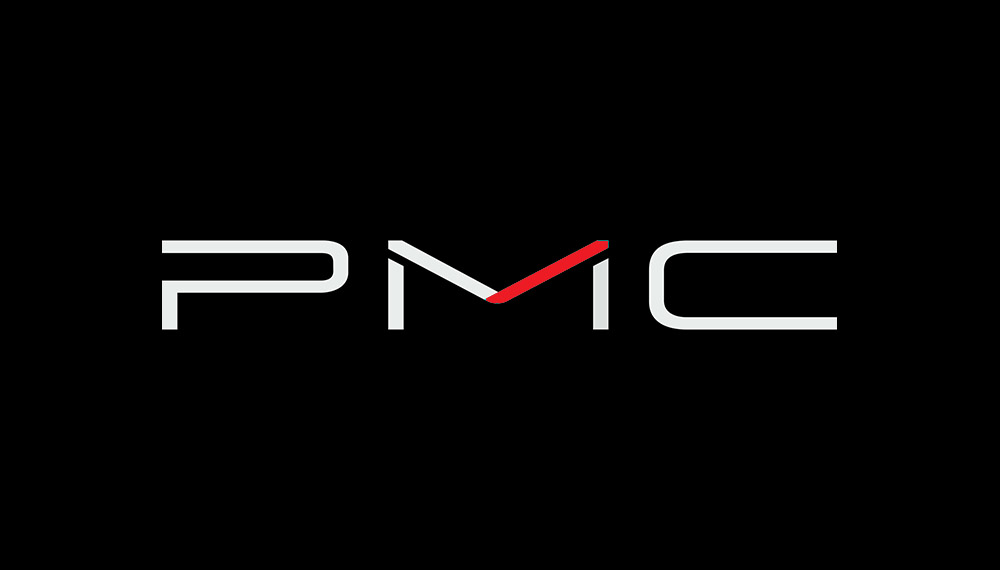







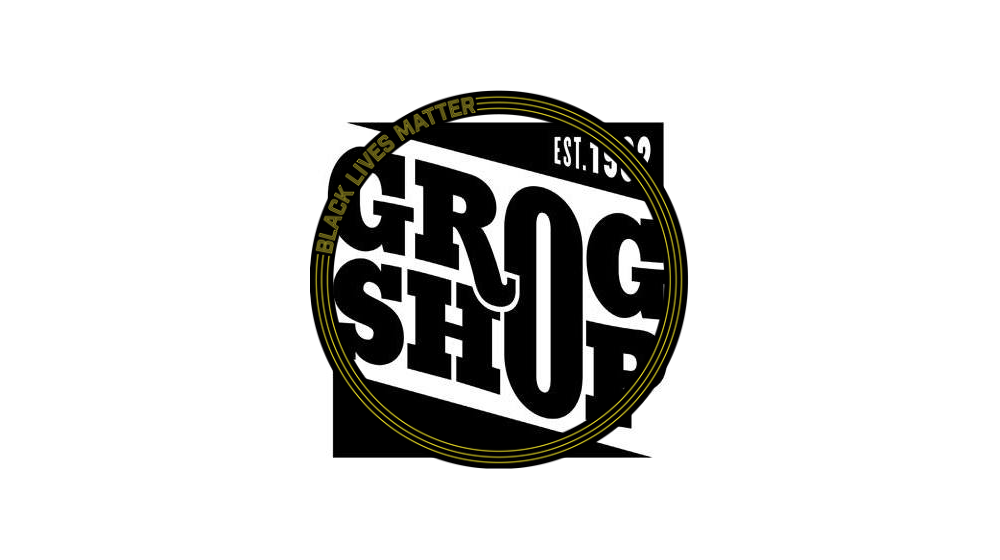




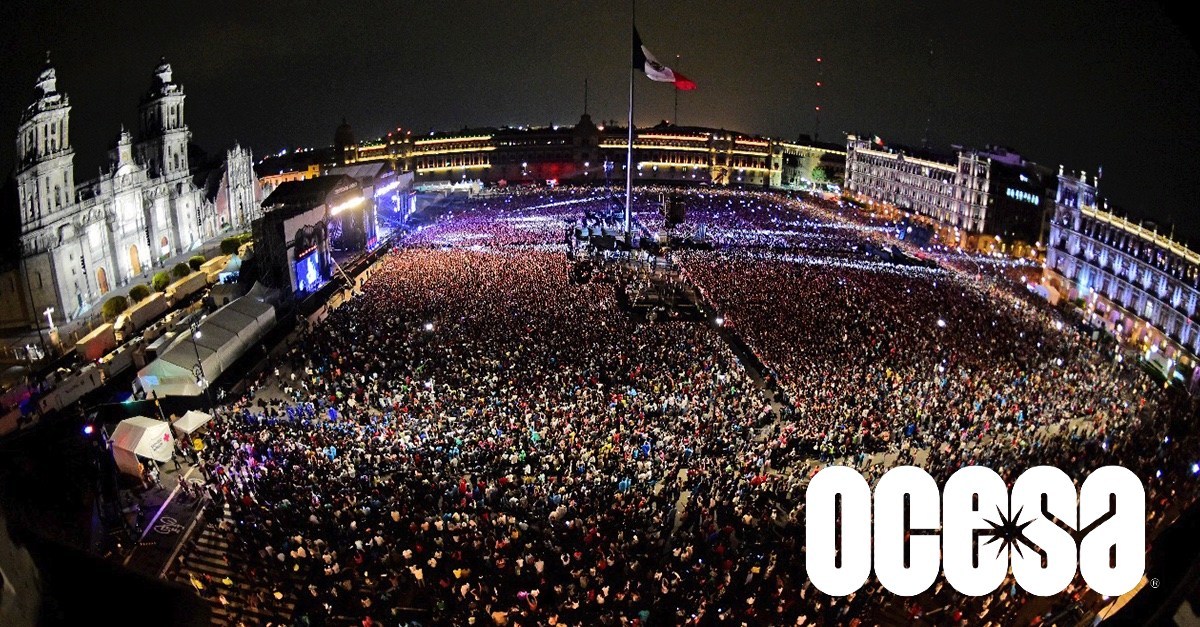




![Artist, Manager Relationship - Recording Industry Management Agreements [Part 1] Artist, Manager Relationship - Recording Industry Management Agreements [Part 1]](https://celebrityaccess.com/wp-content/uploads/2020/05/2481171803607718243.png)

